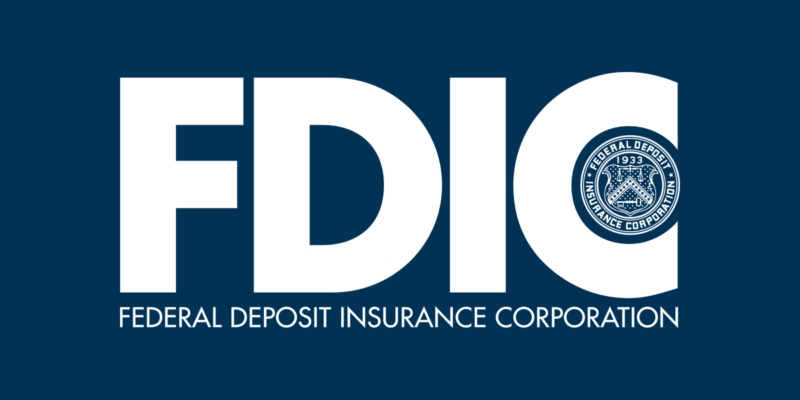
FDIC stands for the Federal Deposit Insurance Corporation, which is a United States government agency established in 1933 in response to the banking crisis of the Great Depression. FDIC insurance is a type of insurance that protects bank depositors from loss in the event that their bank fails.
FDIC insurance provides deposit insurance coverage of up to $250,000 per depositor, per FDIC-insured bank. This means that if your bank fails and you have a deposit account with a balance of up to $250,000, you will be reimbursed by the FDIC for the full amount of your deposit, including principal and any accrued interest.
It’s important to note that FDIC insurance only applies to deposits in FDIC-insured banks, and not to investments such as stocks, bonds, mutual funds, or annuities. Additionally, FDIC insurance does not protect against losses due to fraud, theft, or other criminal activity.
How does it help me?
FDIC insurance can help protect your savings and provide peace of mind by ensuring that your deposits are safe even if your bank fails.
For example, if you have a checking account, savings account, or certificate of deposit (CD) at an FDIC-insured bank, and the bank were to fail, your deposits would be insured up to the $250,000 limit. This means that you would not lose your money and would receive the full amount of your deposit, including any interest earned.
FDIC insurance can be especially important during times of economic uncertainty or market volatility, as it provides a layer of protection for your hard-earned money. Additionally, knowing that your deposits are insured by the FDIC can help you feel more confident in your banking decisions and reduce your overall financial risk.










